9 Health Benefits Of Tequila, Nutrition, & Side Effects
Yes, your favorite liquor may promote a healthy gut and improve your heart health.
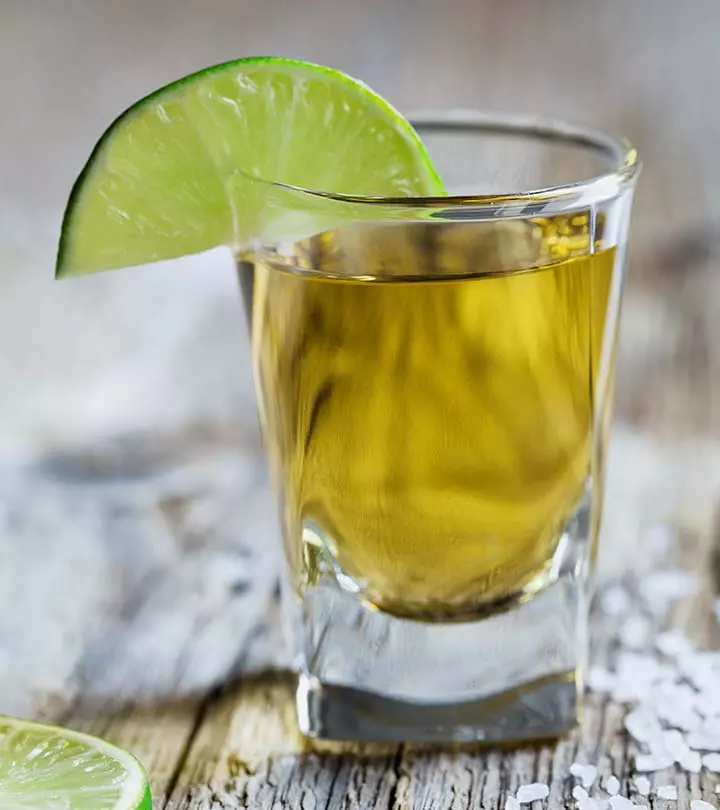
Image: Shutterstock
Does tequila have sugar? Well, the good news is that tequila is an alcoholic beverage with no added sugars. There are several health benefits of tequila, and it is said to promote weight loss and skin health. This alcoholic beverage is native to Jalisco in Mexico and was first produced in the 16th century. Since it has no added sugar, it is considered by many to be a healthier alcoholic choice. This article discusses tequila benefits, its nutrient content, how tequila is made, and its risks. Scroll down.
 Know Your Ingredient: Tequila
Know Your Ingredient: Tequila- What Is It? An alcoholic drink flavored with fruit made from blue agave and distilled without sugar.
- What Are Its Benefits? It helps tighten the pores and clean the skin. It promotes satiety and gut health.
- Who Can Use It? People who want to improve heart and skin health, lose weight, and diabetic patients can use it.
- How Often? One shot of tequila daily is recommended.
- Caution Since it is addictive, caution must be exercised while consuming it. It can cause anxiety, depression, and high BP.
In This Article
What Is Tequila?
Tequila is a fermented drink infused with various fruit slices or juices. This beverage is traditionally made from the harvest (pina) of blue agave plants. The drink is distilled, so it has no added sugars. Hence, the glycemic index of tequila is seen as zero (this means that the body digests it slowly). Throughout the past decade, tequila consumption in the US has increased substantially. 24,66 million 9-liter cases of tequila were consumed in 2025 alone compared to 13,62 million 9-liter cases in 2013. This graph shows how much tequila was consumed in the US from 2013 to 2025. 
Consumption Of Tequila In The United States From 2013 To 2025
Source: Statistica Trivia
TriviaTequila made with 100% agave offers many health benefits. So, is tequila good for you? What do experts say? Understanding these tequila benefits can help you make an informed choice about its consumption. Let us understand more in the following section.
Key Takeaways
- The glycemic index of tequila is zero due to the absence of added sugars.
- Agavins, a type of fiber present in tequila, may support weight loss by increasing satiety and regulating appetite.
- This fermented alcoholic beverage is also rich in prebiotics.
- However, the benefits of tequila may be subjected to moderate consumption.
Potential Health Benefits Of Tequila
1. May Promote Skin Health


The agave sap has been used to treat skin conditions for centuries (1). Brenda Peralta, RD, says that tequila may detoxify the skin. It is a natural astringent that helps clean pores (by removing dirt and oil) and tightens the skin.
2. May Promote Weight Loss
Studies suggest that agavins (a natural form of fructose) in tequila may accelerate weight loss
(2). Brenda Peralta says tequila has a type of fiber (agavins) that may help promote weight loss. Fiber helps improve satiety and makes you feel fuller for longer. You may also consume fewer calories than your body needs. Besides, supplementing agavins in mice was found to promote factors that regulate appetite. A study published in the Food & Function journal found that agavins, when fed to mice, reduced weight gain, appetite, and triglycerides while increasing hormones that help control hunger. The agavins also boosted gut health by increasing beneficial butyric acid levels. This may help manage obesity and the associated metabolic disorders (3), (4).
3. Is Suitable For People With Diabetes
Anecdotal evidence suggests that people with type 2 diabetes may drink tequila moderately.
Their blood glucose levels may not rise significantly because of the natural sugars present in agave. Agave may also have a positive influence on glucose control (5). Mary Wirtz, Clinical Registered Dietitian, says tequila does not contain carbohydrates and, therefore, does not have added sugars. As a result, many individuals with diabetes may find it easier to control their blood sugar levels when enjoying an alcoholic beverage tequila versus a drink like beer, margarita, or sweetened hard beverages (like hard lemonade) that may be high in carbohydrates.
4. May Promote A Healthy Gut

Brenda Peralta, RD, says tequila has prebiotics that may promote a healthy gut. Prebiotics are non-digestible food ingredients (oligosaccharides) that can stimulate the growth and/or activities of probiotics (lactobacilli or bifidobacteria) in the colon (6). Prebiotics act like fertilizer for the good bacteria in your gut. They help stimulate the growth and activities of probiotics, known to be beneficial to the bacteria in your colon. Think of it like planting seeds (prebiotics) through which healthy plants (probiotics) grow and thrive, improving the overall health of your gastrointestinal tract. This way, prebiotics modify the microbial balance in the gut and improve the health of the gastrointestinal tract (7). However, more studies are warranted on the potential health benefits of the prebiotics in tequila.
 Did You Know?
Did You Know?Note: Excess alcohol intake is linked to gastrointestinal diseases. So, moderate intake is advised to make the most of these tequila benefits.
5. May Promote Heart Health
Anecdotal evidence suggests that tequila helps the body get rid of bad cholesterol and reduce the risk of ischemic stroke. This could eventually lead to lower triglyceride levels. The agavins in tequila may play a role here. However, many studies suggest that alcohol intake is directly linked to heart disease (8). Though these studies do not specify tequila clearly, they indicate the potential negative effects of alcohol intake. Hence, consuming in excess must be avoided. What nutrients does tequila offer? How much alcohol does it contain? We answer these in the following section. Read on!
6. May Reduce Pain And Inflammation
The agave plant species are used to treat inflammatory diseases in traditional Mexican medicine. They contain saponin compounds that may help reduce inflammation and the associated pain. A study published in Molecules journal found that saponins exhibit anti-inflammatory properties and may help improve inflammatory conditions (9). Since tequila is made with agave, its moderate intake may help in this regard.
7. May Improve Bone Health
The fructans in agave act as prebiotics and help improve mineral absorption. In one study, supplementing mice with 10 percent agave fructans could prevent bone loss and improve bone formation (10). Tequila also contains phosphorus that may promote bone density and bone growth (11). A study published in the Nutrition Journal found that higher phosphorus intake, when paired with adequate calcium, is linked to better bone health, including higher bone mineral content (BMC) and density (BMD). In adults aged over 20 years, a higher phosphorus intake was associated with a reduced risk of osteoporosis. The results suggest that phosphorus intake benefits bone health without negative effects if calcium levels are adequate (12).
8. May Enhance Immune Function
Agave fructans (natural fructose polymers) also stimulate immune cell activity and help enhance immune function (13). One study published in the Food Science and Nutrition journal found that agave syrups are rich in antioxidative compounds like tannins (14). In addition, animal studies suggest that tannins may help improve immune function (15).
9. May Improve Sleep Quality
Excess alcohol intake may cause poor sleep quality and sleep disturbances (16). But some research suggests that consuming it in extremely low quantities may improve sleep quality (17), (18). However, research is mixed and more studies are warranted in this regard.
What nutrients does tequila offer? How much alcohol does it contain? We answer these in the following section. Read on!
Nutrition Information About Tequila
One shot of tequila contains (11):
| Alcohol | 14g |
| Calories | 97 |
| Water | 28g |
| Protein | 0g |
| Fat | 0g |
| Carbohydrate | 0g |
| Sodium | 0.42 mg |
| Zinc | 0.017 mg |
In addition, it contains potassium, phosphorus, thiamin, niacin, riboflavin, but no dietary fiber or sugars. Since tequila is made from the agave plant, the agavins derived from the latter may act as prebiotics to aid digestion and support gut health (19). However, none of these compounds remain in tequila after the fermentation process.
Below, we learn more about how tequila is made.
Tequila: How It’s Made And Its Types
How Tequila Is Made
- Harvesting: The agave plant is harvested every 7 to 10 years. A big bulb called pina (or the heart) is grown deep down. The leaves are removed and the bulb is taken out from the ground.
- Cooking: The pina is baked in ovens until its starch content is converted into sugar. Earlier, pinas used to be baked traditionally in pits.
- Extraction: The baked pina is crushed using roller mills to extract sugary sap.
- Fermentation: Water and yeast are added to the extracted juice in big stainless steel tanks to convert the sugars into alcohol.
- Distillation: The agave syrup undergoes distillation twice. This process purifies the sweet liquid.
- Aging: The tequila is aged in oak barrels for about two to three months.
Types Of Tequila
- Tequila Blanco: It is also called silver tequila. It is aged for about sixty days in big stainless steel tanks.
- Tequila Joven: It is also popular as golden tequila. It has many additives like caramel, glycerin, and syrup, and contains a very small amount of aged tequila.
- Tequila Reposado: It is aged for about two months in American barrels to get a soft oak flavor, which enriches its taste.
- Tequila Anejo: It is aged in white French oak barrels for at least a year. This gives a robust spirit and a little oak flavor.
- Extra Anejo: It is aged for about three years and has a moderate flavor.
 Fun Fact
Fun FactCan You Drink Tequila Shots Every Day?

As many researchers suggest, tequila benefits your health only when consumed in moderation. However, taking tequila shots every day may not be suitable for all. It may lead to short-term and long-term risks (9). Brenda Peralta, RD, says, “You can drink a shot of tequila daily to get all the benefits it provides. However, if you start depending on it during the day, I would recommend having it once in a while.” Tequila can be addictive. Hence, caution is advised. After all, tequila too contains alcohol and may pose potential risks. Know more in the next section.
Possible Side Effects
Moderate drinking of tequila is considered safe. However, consuming it in excess quantities may cause several adverse effects.
1. May Increase The Risk Of Cancer
Alcohol intake may increase the risk of major gastrointestinal cancers, including esophagus, stomach, and colon cancers. The risk worsens with increased alcohol intake coupled with other lifestyle habits like smoking. Besides, alcohol-induced gut inflammation may increase the risk of gastrointestinal cancers, inflammatory bowel disease, liver disease, and neuroinflammation (20).
2. May Elevate Blood Pressure
Excess tequila intake (more than five standard drinks in a single sitting) may affect blood pressure. The beverage is associated with a transient increase in blood pressure (BP) that ranges from 4 to 7 mmHg for systolic BP and 4 to 6 mmHg for diastolic BP (21). Systolic BP measures the pressure on the walls of arteries when the heart beats while diastolic BP measures the pressure between heartbeats.
3. May Increase Risk Of Depression And Anxiety

Drinking alcohol affects the brain in many ways. Excess alcohol intake may evoke feelings of sadness (depression) during intoxication. This develops into anxiety during the hangover and withdrawal stages. An individual who consumes large quantities of alcohol regularly may develop temporary anxiety and depressive symptoms. These may intensify as the consumption increases (22).
4. May Cause Allergies
Anecdotal evidence suggests that those allergic to agave plants may experience allergies upon tequila intake. These include stinging, itching, swelling of the lips, tongue, or throat, diarrhea, and nausea or vomiting. Occasionally, anaphylaxis (severe allergic reaction) may also occur. Alcoholic drinks are not meant for everyone. Even moderate intake may pose health risks for some. Continue reading to know who should not drink tequila.
5. May Cause Hangover
Excess intake of tequila may cause a hangover just as is the case with other alcoholic beverages. It may lead to dehydration, muscle weakness, fatigue, nausea, vomiting, disrupted sleep, and acetaldehyde toxicity (23), (24). If you are experiencing frequent or severe hangovers, reconsider your alcohol consumption and consult your healthcare provider for guidance.
Who Should Not Drink Tequila?

- Those habituated to binge drinking
- Pregnant women and lactating mothers
- Youngsters
- Those on long-term medications for certain conditions (as tequila may interact with medications)
Infographic: Classic Tequila Drinks
Tequila, a popular distilled beverage, is most often served with salt and lemon juice. You can relax with this Mexican liquor in the midst of a tropical summer. It also boosts your health when consumed in moderation. Learn more about the traditional cocktail recipes made with tequila and how you can make them at home. Check the infographic given below. Some thing wrong with infographic shortcode. please verify shortcode syntax
Frequently Asked Questions
Is tequila good for your stomach?
Possibly, but in moderation. Anecdotal evidence suggests that tequila may aid digestion. It can boost your metabolism before a meal, and it can improve digestion afterward.
Is tequila a superfood?
No. Tequila is not nutritionally dense and excess consumption may lead to many health disorders.
Is tequila healthier than wine?
No. Wine, red wine to be precise, is healthier than tequila. Red wine is packed with beneficial antioxidants that may provide benefits when consumed moderately (25).
Is tequila healthier than vodka?
Yes. Although there are several supposed benefits of vodka such as improving digestion and reducing the risk of blood clots, tequila is a healthier choice since it has fewer impurities and more agavins (a natural form of fructose).
Is tequila good for your joints?
Possibly. Agave, from which tequila is made, contains fructans that may help boost mineral absorption, thereby preventing bone loss and improving bone formation (10).
Is tequila a fat burner?
Possibly not. While tequila may help boost satiety due to the presence of agavins and may help lose weight, it may not act as a fat burner.
Is tequila easy on the liver?
Possibly not. Excessive consumption of tequila may lead to alcoholic liver disease (ALD) (26).
Illustration: Health Benefits Of Tequila, Nutrition, & Side Effects

Image: Stable Diffusion/StyleCraze Design Team
Tequila isn’t just for shots and margaritas! Learn about the unexpected health benefits of this popular spirit in the following video.
References
Articles on StyleCraze are backed by verified information from peer-reviewed and academic research papers, reputed organizations, research institutions, and medical associations to ensure accuracy and relevance. Read our editorial policy to learn more.
- Agave americana and Furcraea andina: Key Species to Andean Cultures in Ecuador
https://www.scielo.org.mx/pdf/bs/v96n2/2007-4476-bs-96-02-00246.pdf - Modulation of Gut Microbiota of Overweight Mice by Agavins and Their Association with Body Weight Loss
https://pubmed.ncbi.nlm.nih.gov/28832493/ - Agavins from Agave angustifolia and Agave potatorum affect food intake body weight gain and satiety-related hormones (GLP-1 and ghrelin) in mice
https://www.researchgate.net/publication/267760534_Agavins_from_Agave_angustifolia_and_Agave_potatorum_affect_food_intake_body_weight_gain_and_satiety-related_hormones_GLP-1_and_ghrelin_in_mice - Modulation of Gut Microbiota of Overweight Mice by Agavins and Their Association with Body Weight Loss
https://www.mdpi.com/2072-6643/9/9/821 - Effects of Agave Nectar Versus Sucrose on Weight Gain Adiposity Blood Glucose Insulin and Lipid Responses in Mice
https://www.researchgate.net/publication/263817125_Effects_of_Agave_Nectar_Versus_Sucrose_on_Weight_Gain_Adiposity_Blood_Glucose_Insulin_and_Lipid_Responses_in_Mice - Probiotics and prebiotics: can regulating the activities of intestinal bacteria benefit health?
https://www.ncbi.nlm.nih.gov/labs/pmc/articles/PMC1115424/ - Prebiotics in the gastrointestinal tract
https://onlinelibrary.wiley.com/doi/10.1111/j.1365-2036.2006.03042.x - Alcohol-use disorders
https://pubmed.ncbi.nlm.nih.gov/19168210/ - Anti-Inflammatory Activity of Different Agave Plants and the Compound Cantalasaponin-1
https://www.ncbi.nlm.nih.gov/pmc/articles/PMC6269955/ - Agave fructans: their effect on mineral absorption and bone mineral content
https://pubmed.ncbi.nlm.nih.gov/25069021/ - Tequila
https://fdc.nal.usda.gov/fdc-app.html#/food-details/1104491/nutrients - Association between phosphorus intake and bone health in the NHANES population
https://www.ncbi.nlm.nih.gov/pmc/articles/PMC4389665/ - Fructans: Prebiotics and immunomodulators
https://www.sciencedirect.com/science/article/abs/pii/S1756464614001376?via%3Dihub - Phytochemical profiles and classification of Agave syrups using 1H-NMR and chemometrics
https://www.ncbi.nlm.nih.gov/pmc/articles/PMC6341176/ - Antioxidant status metabolic profile and immune response of lambs supplemented with tannin rich Ficus infectoria leaf meal.
https://www.semanticscholar.org/paper/Antioxidant-status%2C-metabolic-profile-and-immune-of-Dey-Dutta/d6eea70efb4f8cdab03fa451a3f42fc0f7622f3d - The Effects of Alcohol on Quality of Sleep
https://pubmed.ncbi.nlm.nih.gov/26634095/ - Disturbed Sleep and Its Relationship to Alcohol Use
https://www.ncbi.nlm.nih.gov/pmc/articles/PMC2775419/ - Alcohol and Sleep I: Effects on Normal Sleep
https://onlinelibrary.wiley.com/doi/abs/10.1111/acer.12006 - Dietary supplementation with Agave tequilana (Weber Var. Blue) stem powder improves the performance and intestinal integrity of broiler rabbits
https://www.ncbi.nlm.nih.gov/pmc/articles/PMC9102430/ - Alcohol and Gut-Derived Inflammation
https://www.ncbi.nlm.nih.gov/pmc/articles/PMC5513683/ - Alcohol’s Effects on the Cardiovascular System
https://www.ncbi.nlm.nih.gov/pmc/articles/PMC5513687/ - Alcohol Anxiety and Depressive Disorders
https://www.ncbi.nlm.nih.gov/pmc/articles/PMC6876499/ - Alcohol Hangover
https://www.ncbi.nlm.nih.gov/pmc/articles/PMC6761819/ - Ethanol metabolism: The good the bad and the ugly
https://www.sciencedirect.com/science/article/pii/S0306987720300797 - Contribution of Red Wine Consumption to Human Health Protection
https://www.ncbi.nlm.nih.gov/pmc/articles/PMC6099584/ - Alcoholic liver disease: A current molecular and clinical perspective
https://www.ncbi.nlm.nih.gov/pmc/articles/PMC6581514/
Read full bio of Michelle Hawksworth
Read full bio of Aparna Mallampalli
Read full bio of Ravi Teja Tadimalla
Read full bio of Sindhu Koganti






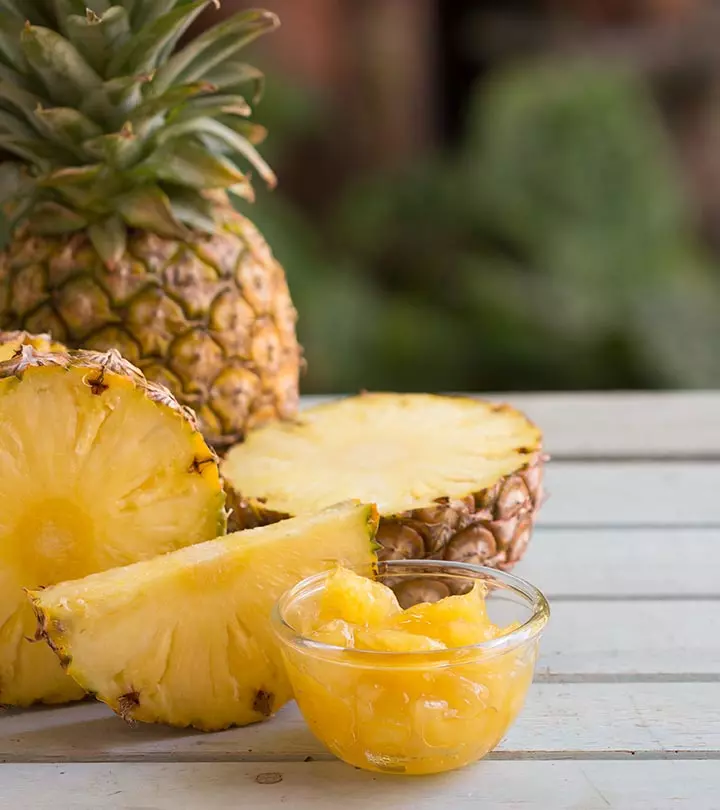
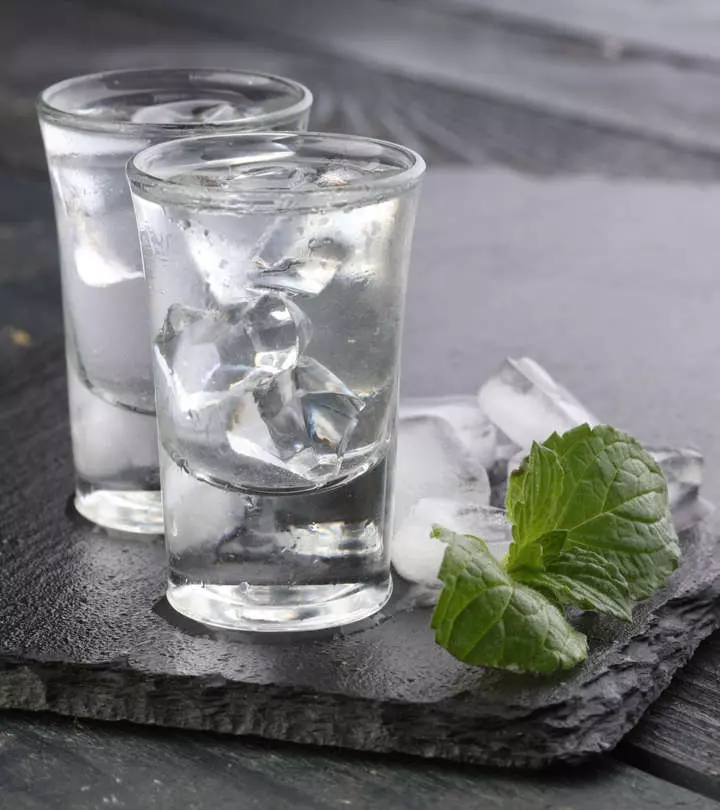


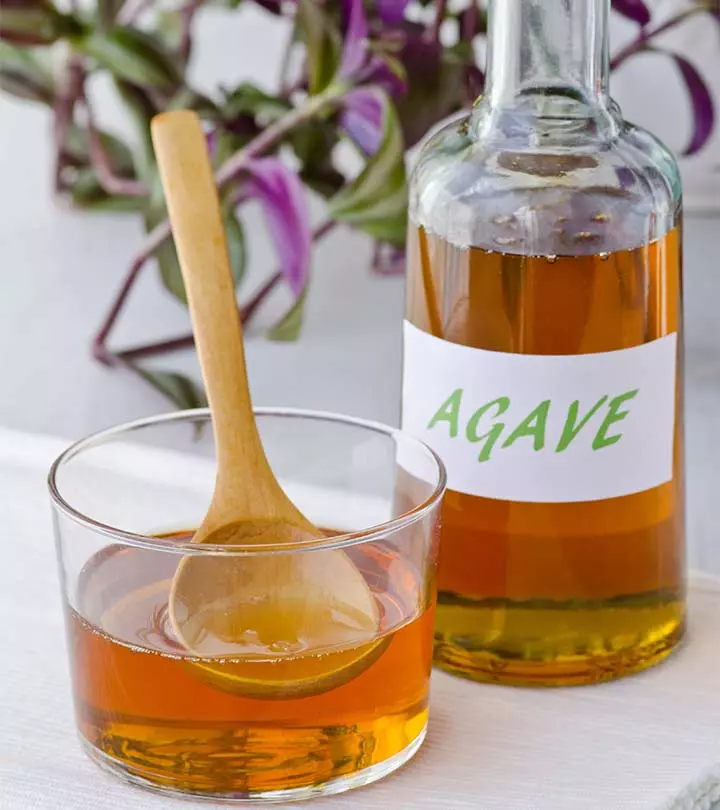

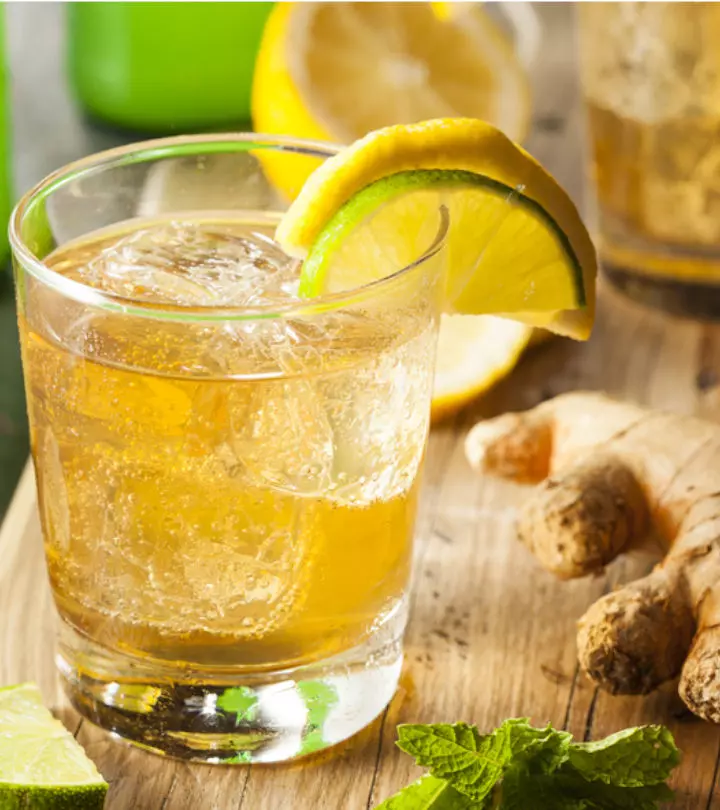




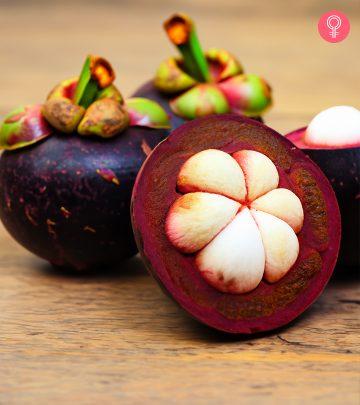
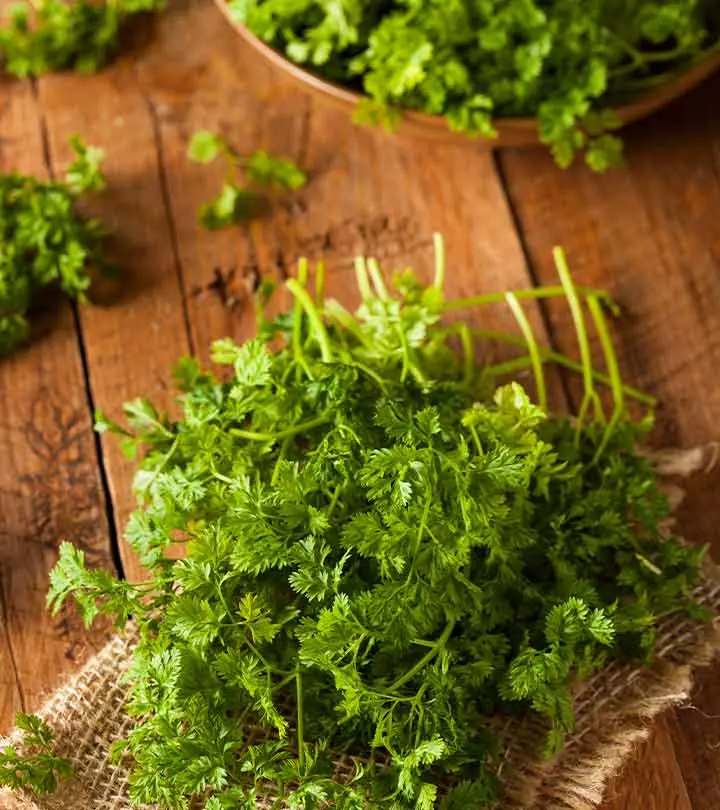

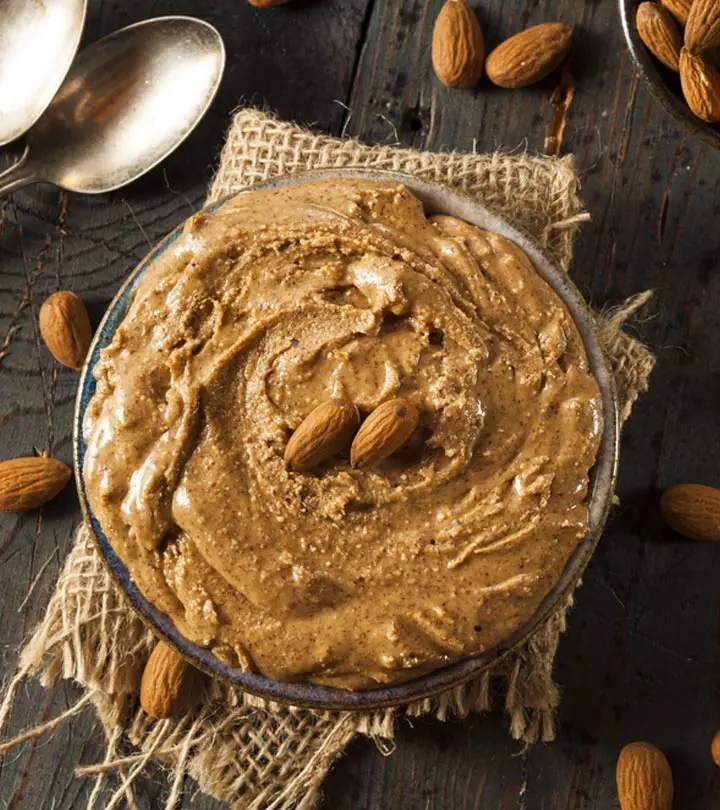

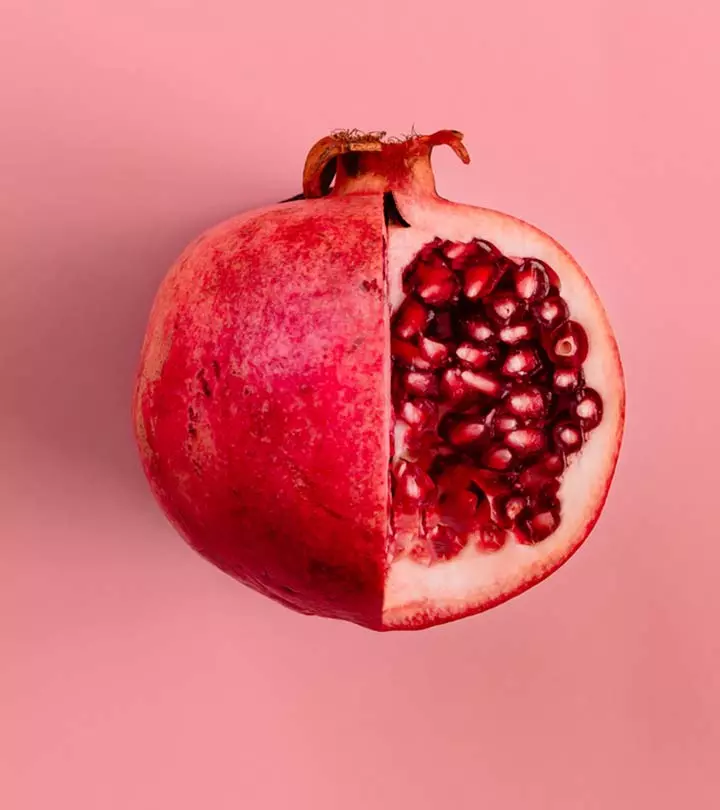
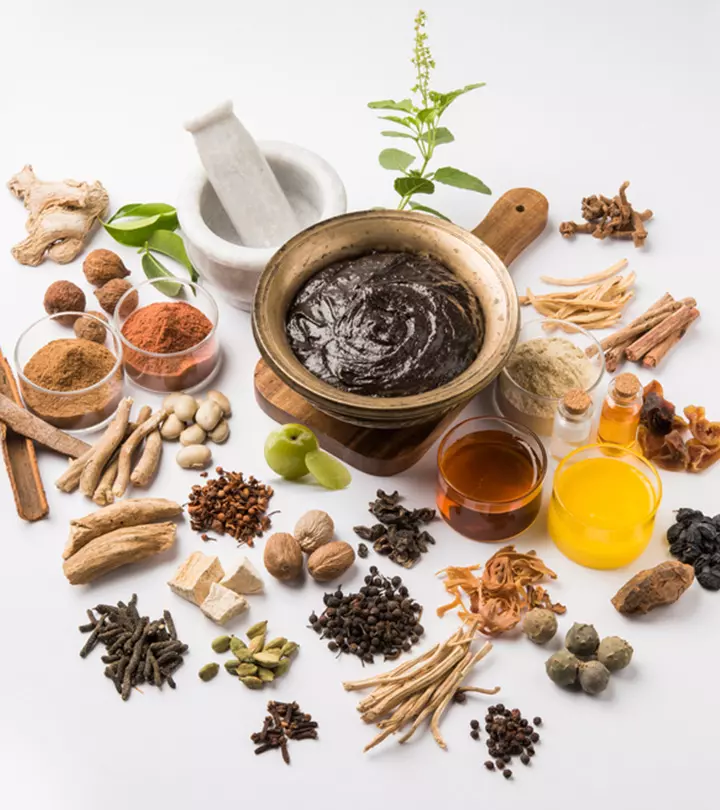
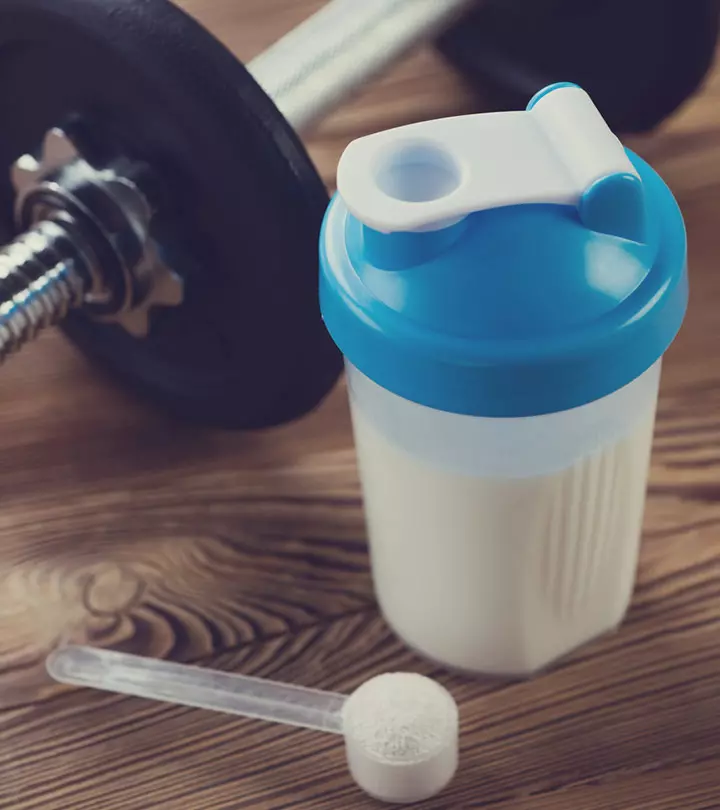
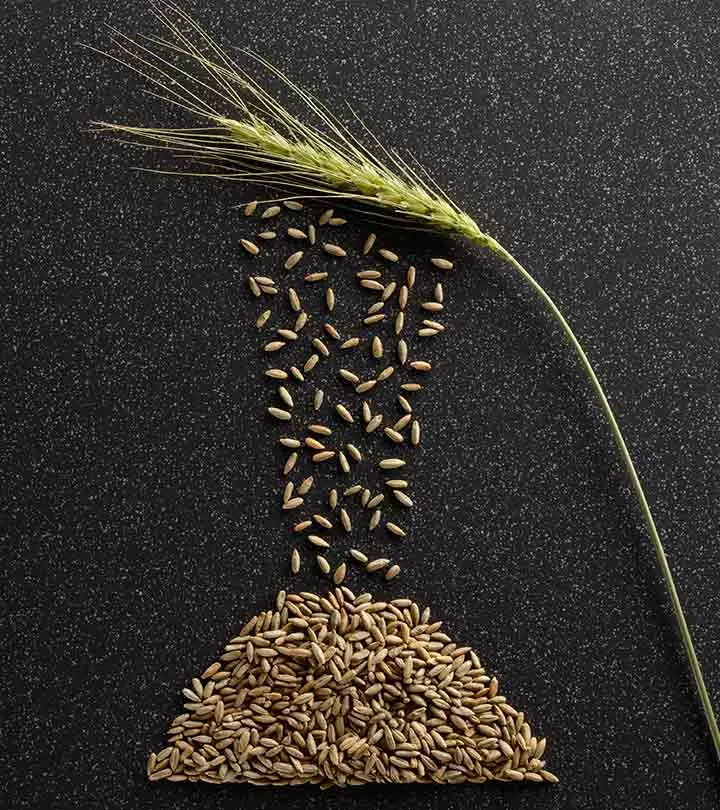

Community Experiences
Join the conversation and become a part of our empowering community! Share your stories, experiences, and insights to connect with other beauty, lifestyle, and health enthusiasts.